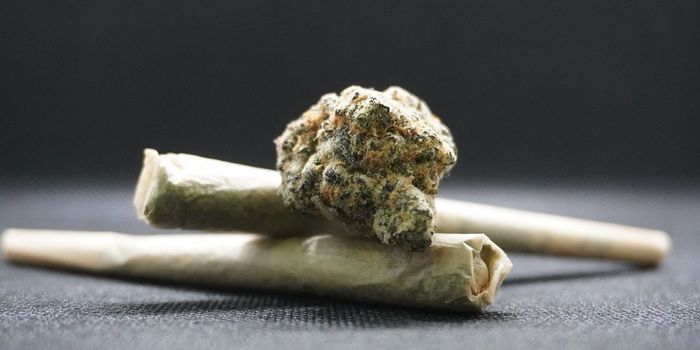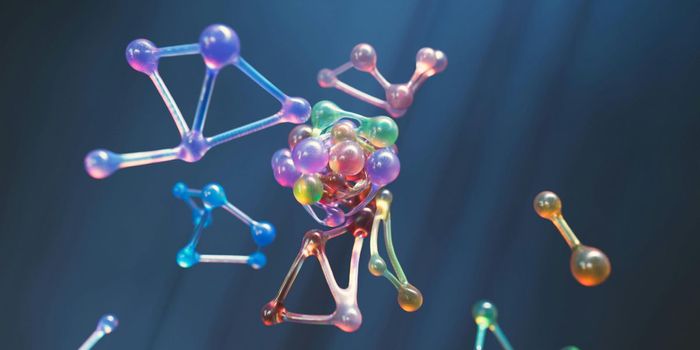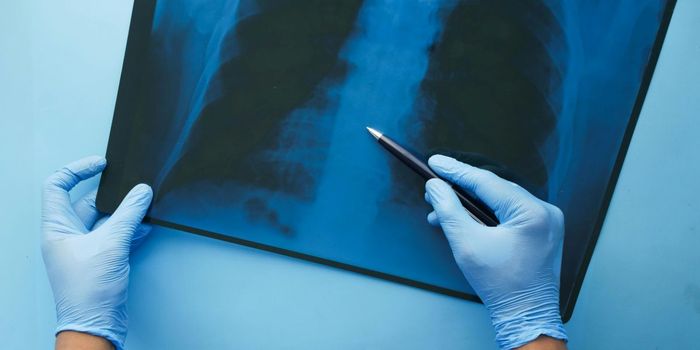Cannabis Use for Migraine Relief-New Horizons
Imagine having to leave a meeting or special occasion to go into a room, close the blinds, lie on the floor, and wait for excruciating pain and nausea to subside. This is what it can be like for millions of people living with migraines. Migraines are among the most insidious of headache disorders. The type of headache associated with migraine is typically pulsating and often presents with other symptoms such as sensitivity to light and nausea. It is not unusual to meet someone who struggles with migraines weekly, and the duration of a migraine attack can be days. As more research emerges regarding the efficacy of cannabis in treating certain conditions such as chronic pain, it is essential to explore current findings related to how cannabis might help manage migraines.
In January 2021, the results of a large cross-sectional study of 589 adult cannabis users were published. The study utilized a survey to review participant cannabis use patterns, migraine characteristics, and self-reported relief as a result of cannabis usage vs. conventional treatments, such as over-the-counter pain medication. Results revealed that in users who used both cannabis and conventional treatments for migraines, cannabis provided significantly more relief than conventional treatments, even after controlling for migraine severity.
Although these results suggest a possible relationship between cannabis use and symptom relief among migraineurs, it is important to note that several limitations exist, which the authors of this publication themselves point out. Among these limitations are unknowns regarding what variety and dosage of cannabis participants used and lack of generalizability to larger population.
A Randomized, double-blind, placebo-controlled study through the University of California San Diego in collaboration with the Migraine Research Foundation is currently underway. This clinical trial, which has an estimated enrollment of 120 participants, will evaluate the use of vaporized cannabis to treat acute migraines. Indeed, stronger levels of evidence such as this will be needed to better establish a concrete relationship between cannabis use and migraine symptom control. As the results of this and additional studies emerge, the scientific community will be better able to provide evidence-based direction to healthcare professionals who are faced with difficult decisions regarding the use of cannabis to treat various disorders.
Sources: Complementary Therapies in Medicine, ClinicalTrials.gov









